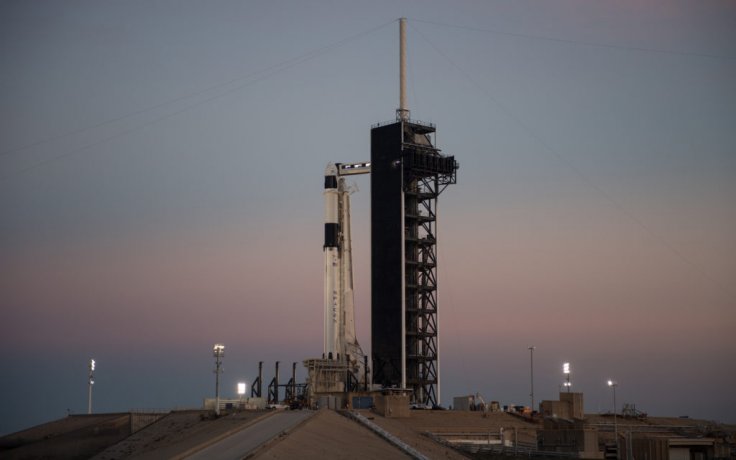
It seems SpaceX has decided that 12,000 satellites are not enough for its Starlink project. Recent documents revealed that the company has filed paperwork for the launch of 30,000 additional satellites.
During the past couple of weeks, officials from the International Telecommunication Union (ITU) confirmed Space News that Elon Musk's SpaceX has submitted the necessary documents for the launch of new satellites. Based on the details of the paper submitted, the launches will be for 30,000 additional satellites for the company's Starlink project.
As part of the 30,000 units, the US Federal Communications Commission submitted on behalf of SpaceX 20 filings to the ITU for a total of 1,500 satellites.
Before the company submitted the documents, SpaceX had already slated to launch 12,000 Starlink satellites. This initiative was kicked off earlier in May with the launch of 60 satellites. Back then, the company stated that it plans to carry out periodic launches until its goal of deploying 12,000 Starlink units is completed.
Once all the satellites have been deployed, the ultimate goal of Starlink to deliver fast and reliable internet connection to different parts of the world, will be achieved.
Based on the recent documents filed, it seems that the company is now planning to deploy a total of 42,000 satellites for its Starlink project. This is certainly a huge jump from its previous goal of 12,000 satellites.
In a statement released by SpaceX, the company noted that it has decided to increase the total number of Starlink satellites in response to the global demand for faster and more reliable internet services.
"As demand escalates for fast, reliable internet around the world, especially for those where connectivity is non-existent, too expensive or unreliable, SpaceX is taking steps to responsibly scale Starlink's total network capacity and data density to meet the growth in users' anticipated needs," the company said in a statement.
Now that SpaceX is planning to launch 42,000 satellites in low-Earth orbit, the company will most likely get criticized again for the potential effects of the Starlink project.
Following the launch of the first batch of Starlink units, astronomers noted that the huge number of satellites will soon affect the visibility of stars from Earth at night. Other experts also pointed out that SpaceX could contribute to the crowded conditions of low-Earth orbit due to the current number of satellites orbiting the planet.









